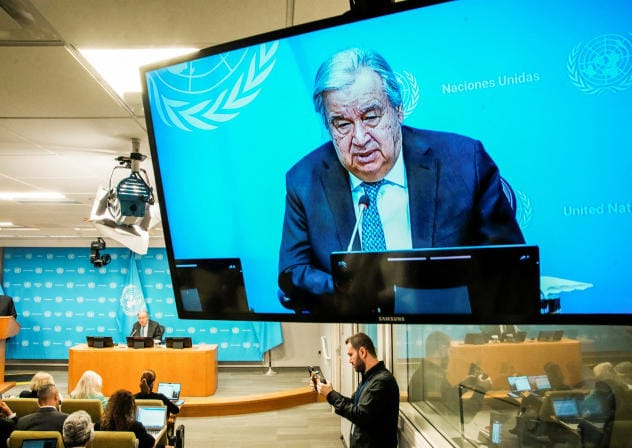How does Iran's theocratic system of power work? - explainer
The complexities of Iran's ruling system, the ideological nature of its support base, and the power of its Revolutionary Guards make it hard to predict what might come next.

The complexities of Iran's ruling system, the ideological nature of its support base, and the power of its Revolutionary Guards make it hard to predict what might come next.




Although it turns out Khamenei was killed likely in the war's opening moments by around 30 bombs around 8:00 a.m. Saturday morning, the more intense response only came later.

One woman killed in central Israel following Iran missile barrage • Pahlavi publishes outline for democratic Iran • Khamenei's advisor, IRGC commander, both confirmed killed in strikes

Pahlavi expressed immense gratitude to US President Donald Trump for his role in the operation and for his words of encouragement to Iran's citizens.

At first dismissed as weak and indecisive, Khamenei seemed an unlikely choice for supreme leader after the death of the charismatic Ayatollah Ruhollah Khomeini.

The Iranian reports did not explicitly mention President Masoud Pezeshkian's ability to carry out his political duties.

Later, Iran's Ambassador to the UN Amir-Saeid Iravani said that the country was "exercising its inherent and lawful right of self-defense," in response to "aggression and large-scale war."

For decades, Western leaders dismissed Ali Khamenei’s language as rhetoric. His record shows ideology, not ambiguity, guided Iran’s strategy toward Israel, the US, and its own people.

As part of the preparations for the attack, which, as noted, had been scheduled long beforehand, US President Trump and Prime Minister Netanyahu held several conversations in recent weeks.

Footage from social media showed people lighting off fireworks from their balconies and calling out to each other from their apartments.

A US official, who spoke to Reuters on condition of anonymity, said briefers described the operation to the president as a once-in-a-generation opportunity for change in the region.
